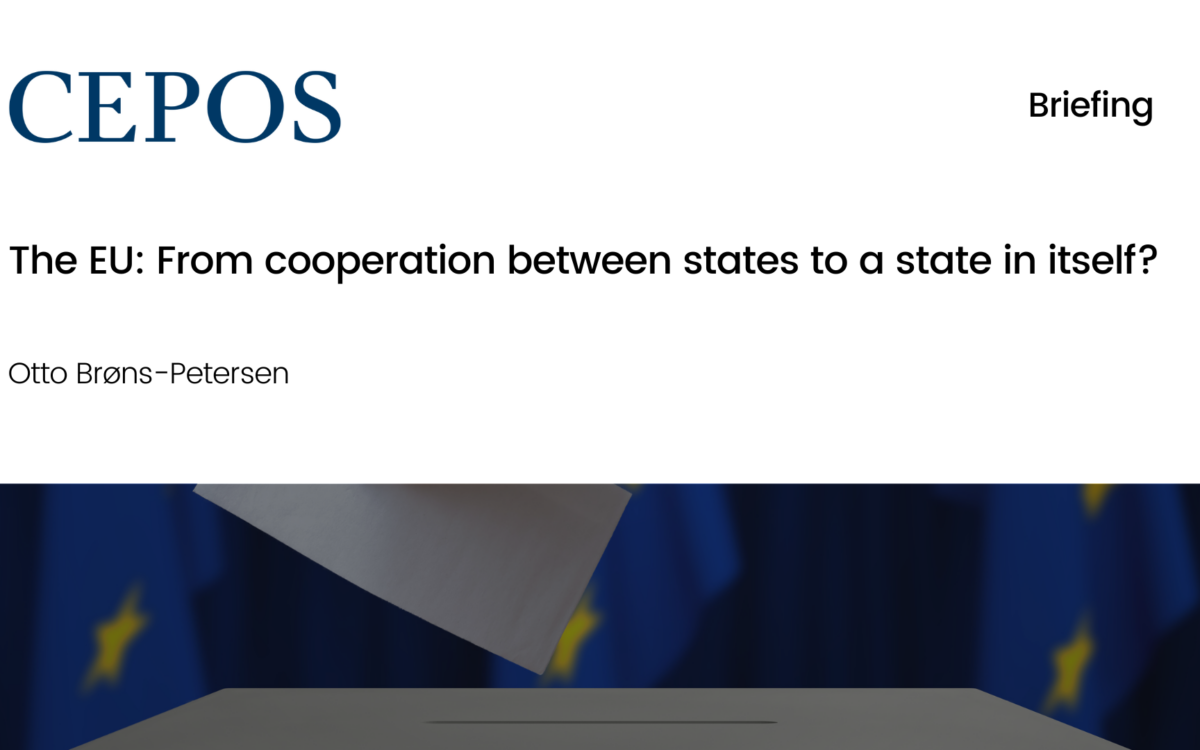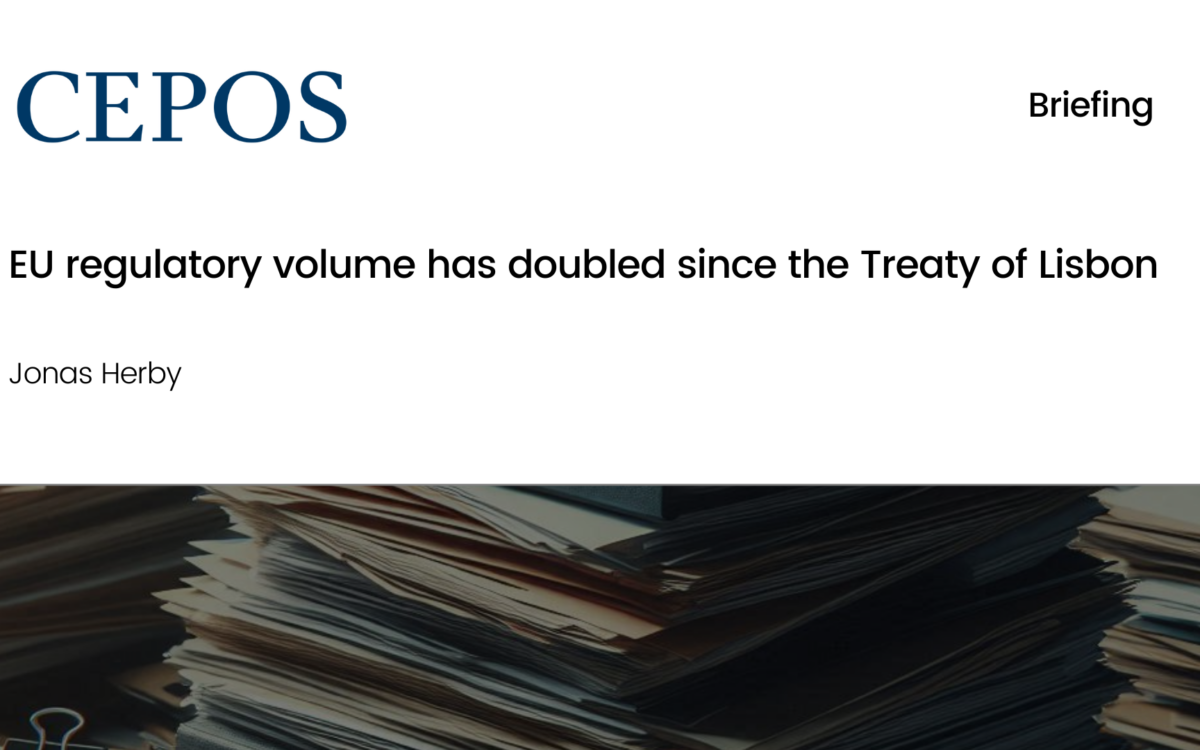E-cigarettes and Article 20 of the Tobacco Products Directive

E-cigarettes and Article 20 of the Tobacco Products Directive
15 September 2015
From 2016, e-cigarettes will face additional regulation under Article 20 of the EU’s Tobacco Products Directive (TPD). Given that non-smokers have so far shown little interest in e-cigarettes, critics argue that discouraging ‘vaping’ amounts to encouraging smoking and that some of the new regulations will damage health by raising prices and reducing the appeal of products which, if smokers switched to them, would save lives. However, Member States have some latitude in implementing the TPD. They should therefore work to mitigate the economic and health damage that Article 20 will bring about. Any ‘gold-plating’ by Member States, such as banning flavours, extending advertising restrictions or demanding medical regulation for vaping products, is likely to protect the incumbent nicotine industries (pharmaceutical and tobacco) against this relatively new, disruptive technology.
Download or share this publication
View the PDF
EPICENTER publications and contributions from our member think tanks are designed to promote the discussion of economic issues and the role of markets in solving economic and social problems. As with all EPICENTER publications, the views expressed here are those of the author and not EPICENTER or its member think tanks (which have no corporate view).



